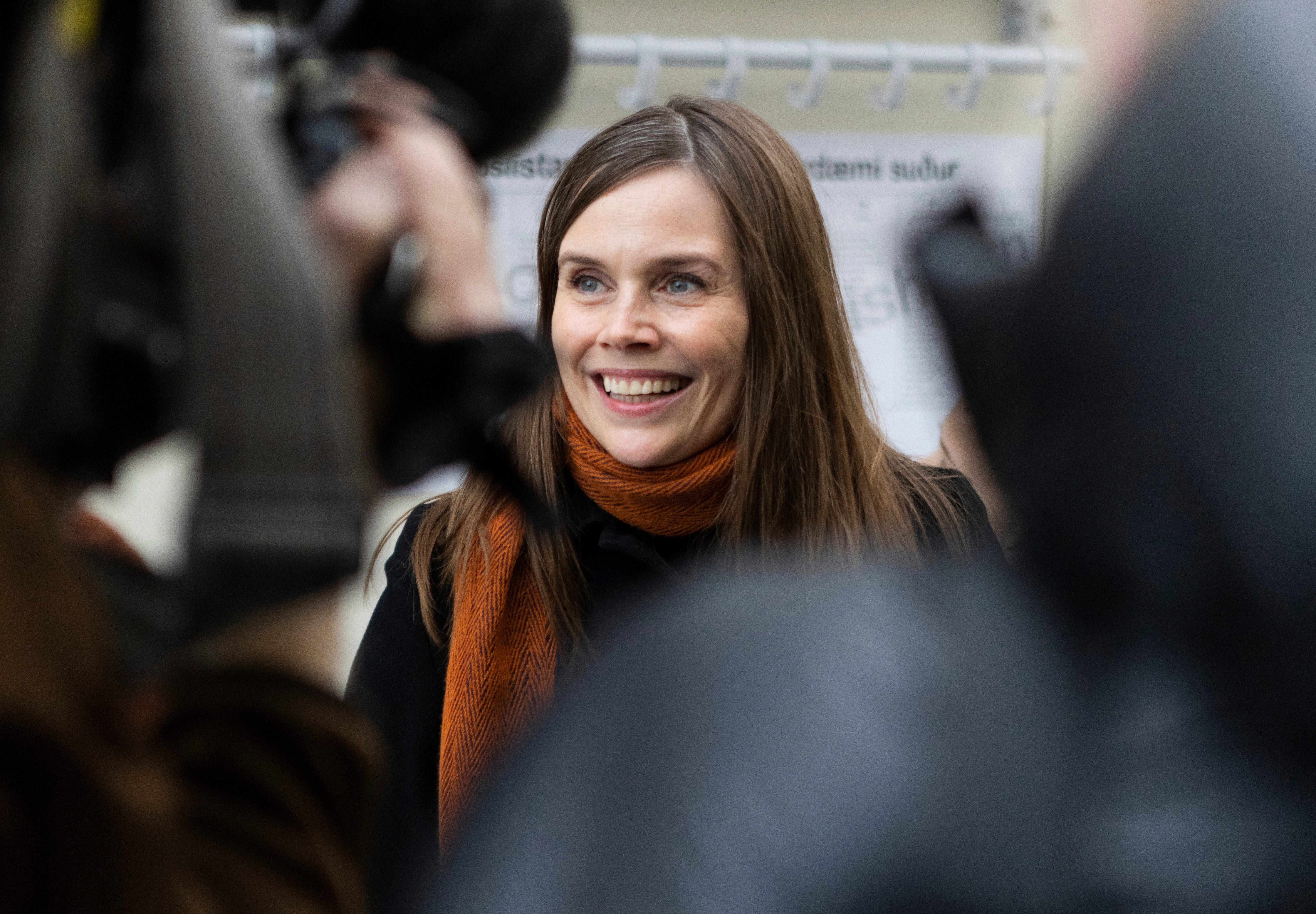Iceland's coalition govt could retain power after election
Iceland’s coalition government appeared likely to continue after voters rallied around the political center in a volatile parliamentary election

Your support helps us to tell the story
From reproductive rights to climate change to Big Tech, The Independent is on the ground when the story is developing. Whether it's investigating the financials of Elon Musk's pro-Trump PAC or producing our latest documentary, 'The A Word', which shines a light on the American women fighting for reproductive rights, we know how important it is to parse out the facts from the messaging.
At such a critical moment in US history, we need reporters on the ground. Your donation allows us to keep sending journalists to speak to both sides of the story.
The Independent is trusted by Americans across the entire political spectrum. And unlike many other quality news outlets, we choose not to lock Americans out of our reporting and analysis with paywalls. We believe quality journalism should be available to everyone, paid for by those who can afford it.
Your support makes all the difference.Iceland’s coalition government appeared likely to continue after voters rallied around the political center in a volatile parliamentary election.
The outcome may become historic: The incoming members of parliament were 54% women on Sunday morning, when nearly all votes had been counted. If the number holds, Iceland’s Althing parliament will have a female majority for the first time.
Polls had suggested a victory for left-leaning parties in the unpredictable election, which saw 10 parties competing for the Althing’s 63 seats.
Instead, the center-right Independence Party took the largest share of votes, and there were big gains for the centrist Progressive Party
Before the election, the two parties formed Iceland’s three-party coalition government, together with the Left Green Party led by Prime Minister Katrin Jakobsdottir Her party lost several seats, but outscored poll predictions.
The ruling parties won 37 seats altogether, gaining two from the last election.
The three parties haven't announced whether they will work together for another term, but given the strong support among voters it appears likely.
Climate change had ranked high on the election agenda in Iceland, a glacier-studded volcanic island nation of about 350,000 people in the North Atlantic.
An exceptionally warm summer by Icelandic standards — with 59 days of temperatures above 20 C (68 F) — and shrinking glaciers have helped drive global warming up the political agenda.
But that didn't appear to have translated into increased support for any of the four left-leaning parties that campaigned to cut carbon emissions by more than Iceland is committed to under the Paris Climate Agreement.
Final results are expected later Sunday.